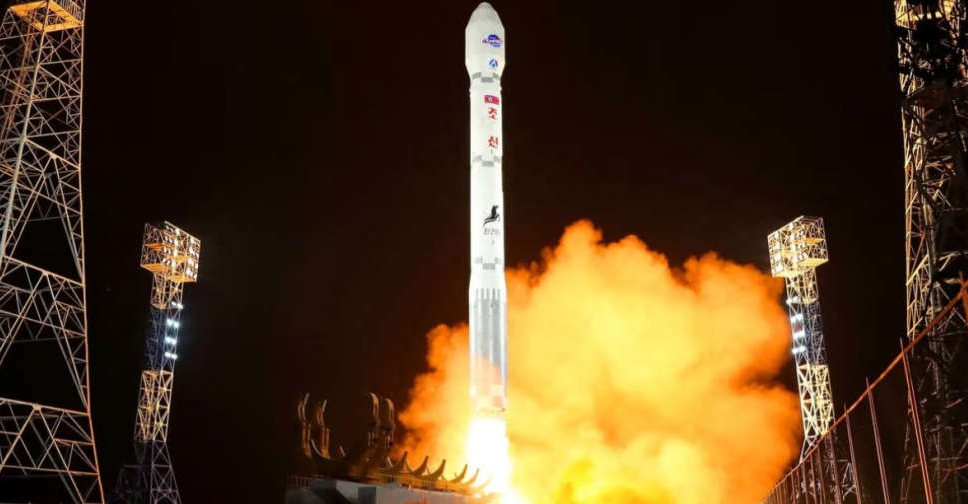
North Korea's first spy satellite is "alive," a Netherlands-based space expert said on Tuesday, after detecting changes in its orbit that suggest Pyongyang is successfully controlling the spacecraft - although its capabilities are still unknown.
After two fiery failures, North Korea successfully placed the Malligyong-1 satellite in orbit in November. Pyongyang's state media claimed it has photographed sensitive military and political sites in South Korea, the United States, and elsewhere, but has not released any imagery. Independent radio trackers have not detected signals from the satellite.
"But now we can definitely say the satellite is alive," Marco Langbroek, a satellite expert at Delft University of Technology in the Netherlands, wrote in a blog post.
From February 19-24, the satellite conducted manoeuvres to raise its perigee, or the lowest point in its orbit, from 488 km to 497 km, Langbroek said, citing data from the U.S.–led Combined Space Operations Center.
"The manoeuvre proves that Malligyong-1 is not dead, and that North-Korea has control over the satellite - something that was disputed," he said.
South Korea's Defence Ministry did not immediately respond to a request for comment. On Monday, Defense Minister Shin Won-sik said the satellite was not showing any signs of performing other tasks or engaging in reconnaissance.
"While we indeed currently can not be sure whether the satellite does successfully take imagery, it at least performs orbital manoeuvres, so in that sense it is functional," Langbroek wrote of Shin's comments.
The orbit-raising manoeuvre was a surprise as the presence of an onboard propulsion system is unexpected, and previous North Korean satellites never manoeuvred, he said.
"Having the capacity to raise the satellite's orbit is a big deal," Langbroek said.
That means that as long as there is fuel in the satellite, North Korea can prolong the satellite's lifetime by raising its altitude when it gets too low because of orbital decay, he concluded.
Nuclear-armed North Korea has vowed to launch three more spy satellites in 2024.

 Trump's Gaza plan triggers international condemnation
Trump's Gaza plan triggers international condemnation
 Argentina to quit World Health Organization: presidency
Argentina to quit World Health Organization: presidency
 Saudi Arabia says no Israel normalisation without Palestinian state
Saudi Arabia says no Israel normalisation without Palestinian state
 Hamas says Trump's 'absurd' remarks about Gaza could ignite region
Hamas says Trump's 'absurd' remarks about Gaza could ignite region
 Sweden mourns victims of country's deadliest gun attack
Sweden mourns victims of country's deadliest gun attack






